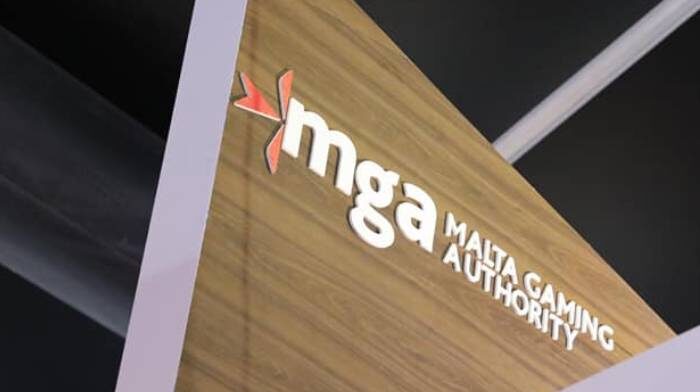The Maltese business and commercial community is eagerly awaiting the outcome of Wednesday’s vote by the Financial Action Task Force (FATF) on whether the global expert committee tasked with fighting money laundering and the financing of terrorism will be placing Malta on its so-called ‘grey list’.
The list includes countries around the world deemed non-compliant and untrustworthy in the fight against terrorism, which, according to recent studies, could in the medium term hamper Malta’s access to banking services should the international banking community continue to de-risk, slow down international transfers and deter foreign investment.
The FATF will vote today as it undergoes a week of plenary sessions. The plenary is made up of 37 jurisdictions and two regional organisations and is currently being led by Germany.
On Friday afternoon, the FATF will host an official press briefing where all its decisions for the week will be communicated, however, it is not as of yet clear whether an official announcement will be made on Malta following today’s vote.
Malta’s Finance Minister Clyde Caruana has undergone a media blitz this week, highlighting how Malta has done all it could to meet the requirements.
“We’ve delivered in full, and we’ve done what was asked out of conviction. We’ve done this because we need to change things for the better and we are committed to continuing working on this whatever the outcome on Wednesday,” he said earlier in the week.
European sports betting convention
Several reports say that a major sticking point by FATF plenary members is Malta’s refusal to ratify a Council of Europe convention on sports betting.
Known as the Macolin Convention, which aims to combat the manipulation of sports through illegal betting, Malta-based betting operators would need to honour the laws of the jurisdiction in which players using the online services are based. This could mean that operators would need to apply for licences in each jurisdiction they operate in instead of the current scenario where a Malta Gaming Authority (MGA) licence allows operators to provide services in other jurisdictions.
Despite the concerns for the local sports betting industry, which have been expressed by many stakeholders across the board, a well-placed source within the MGA has denied that its adoption in Malta would have operational impacts on the local industry in Malta.
Continue Reading
ELA Games expands its presence in Denmark with Casino House partnership
ELA Games, an innovative iGaming software developer, has signed a strategic partnership with Casino House to increase its presence in the Danish market
Fast-tracking gaming success in Malta
ICON fills capability gaps without disrupting established workflows, bringing enterprise-calibre capabilities while maintaining flexibility
Amusnet Gaming celebrates team growth by planting 50 trees in Malta
The company marked the milestone in collaboration with Nature Trust Malta for Earth Day
ProgressPlay and Playtech bring Power Bingo to over 120 UK gambling sites
ProgressPlay CEO Itai Loewenstein said the collaboration will deliver 'unparalleled gaming experiences and next-level entertainment'









